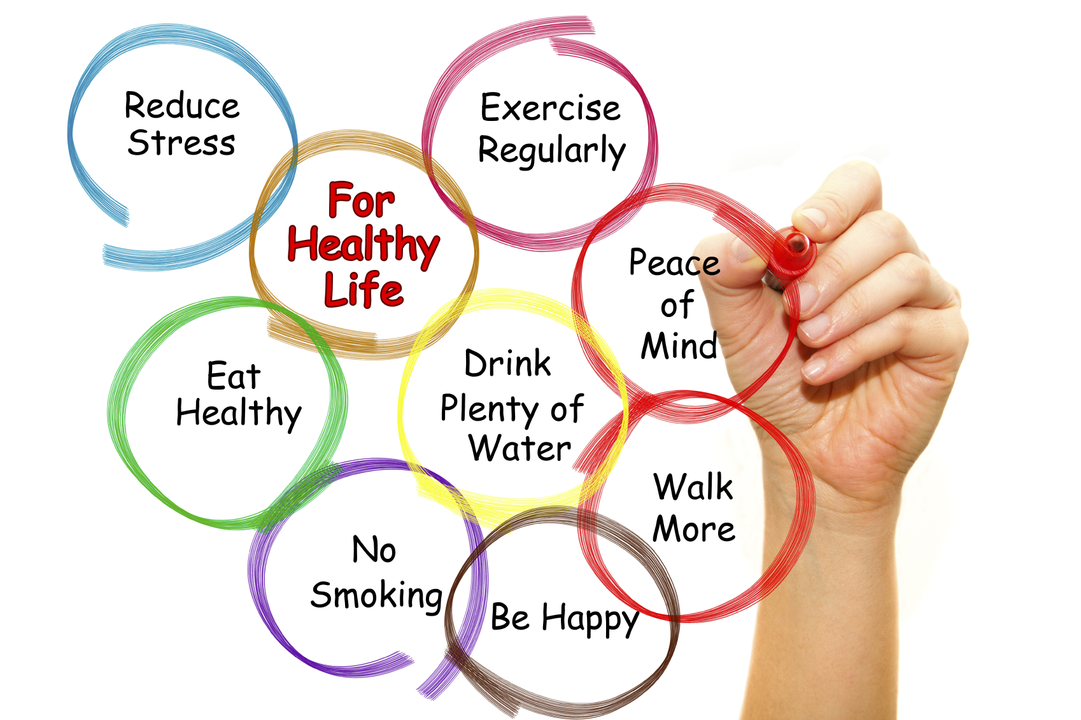Stress hits everyone. Short bursts can push you to act, but when it hangs around, it messes with sleep, focus, blood pressure, and mood. You don’t need long routines or fancy tools to feel better—small, consistent changes work. Here are direct, useful steps you can try today and keep using tomorrow.
Start with two-minute resets. Try box breathing: inhale 4 seconds, hold 4, exhale 4, hold 4. Do that three times and notice your body relax. Move your body—10 minutes of brisk walking or stretching lowers tension and clears your head. If you’re short on time, stand up and do 30 seconds of marching in place, then sit and breathe.
Sleep matters more than most people admit. Keep a consistent bedtime, cut caffeine after mid-afternoon, and wind down 30 minutes before sleep by turning off bright screens. Swap heavy late meals for a light snack if you're hungry—too much food late feeds restlessness.
Set tiny boundaries. Say no to one extra task this week. Break big projects into 15-minute chunks and give yourself a short break after each. Use a short to-do list with three must-dos—everything else is bonus. These changes reduce that overwhelmed feeling fast.
Sometimes self-care isn’t enough. If anxiety or low mood stick around for weeks, see a doctor. Medication like antidepressants can help some people; our Effexor (venlafaxine) guide explains how that drug works and what to expect.
If you’ve been using benzodiazepines and want another option, there’s a gradual switch path to medicines like buspirone—talk with your prescriber before changing anything. For sleep issues, check alternatives to common sleep meds before you pick one—our articles on trazodone and zolpidem alternatives break down safer options and trade-offs.
Planning to buy medication online? Be careful. Look for licensed pharmacies that ask for a prescription, show clear contact info, and have real customer reviews. We cover how to spot safe online pharmacies and what red flags to avoid.
Warning signs you shouldn’t ignore: losing interest in daily life, persistent suicidal thoughts, panic attacks that stop you from leaving home, or trouble eating and sleeping for more than two weeks. If any of those show up, reach out to a healthcare professional or a crisis line right away.
Small, repeated actions reduce stress more than big, one-off solutions. Try one tip from each section this week—two-minute breathing each morning, a short walk midday, and one clear boundary around work. If things don’t improve, ask a clinician about therapy or medication. You can manage stress better than you think, one step at a time.

As a blogger, I've been researching the connection between stress and gastroenteritis, and I've found some interesting insights. It turns out that high stress levels can indeed contribute to the development of gastroenteritis, mainly due to the impact of stress on our immune system. When we're stressed, our body's ability to fight off infection weakens, making us more susceptible to illnesses like gastroenteritis. Additionally, stress can also exacerbate existing stomach issues, making the symptoms of gastroenteritis even worse. So, managing stress is crucial not only for our mental health but also for maintaining a healthy gut!